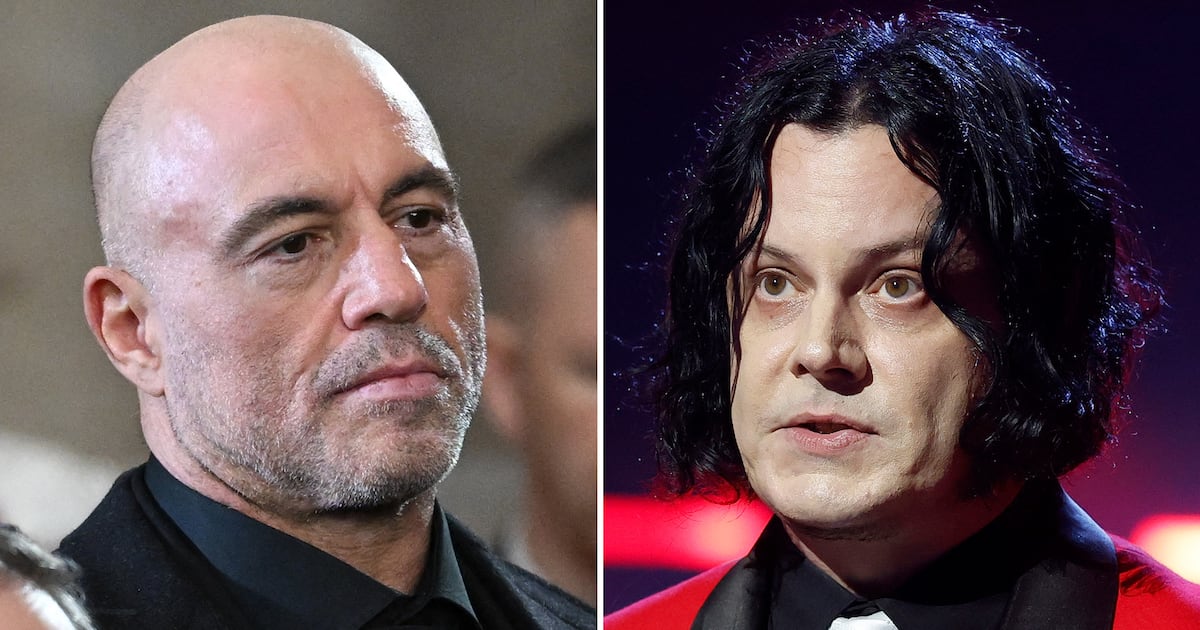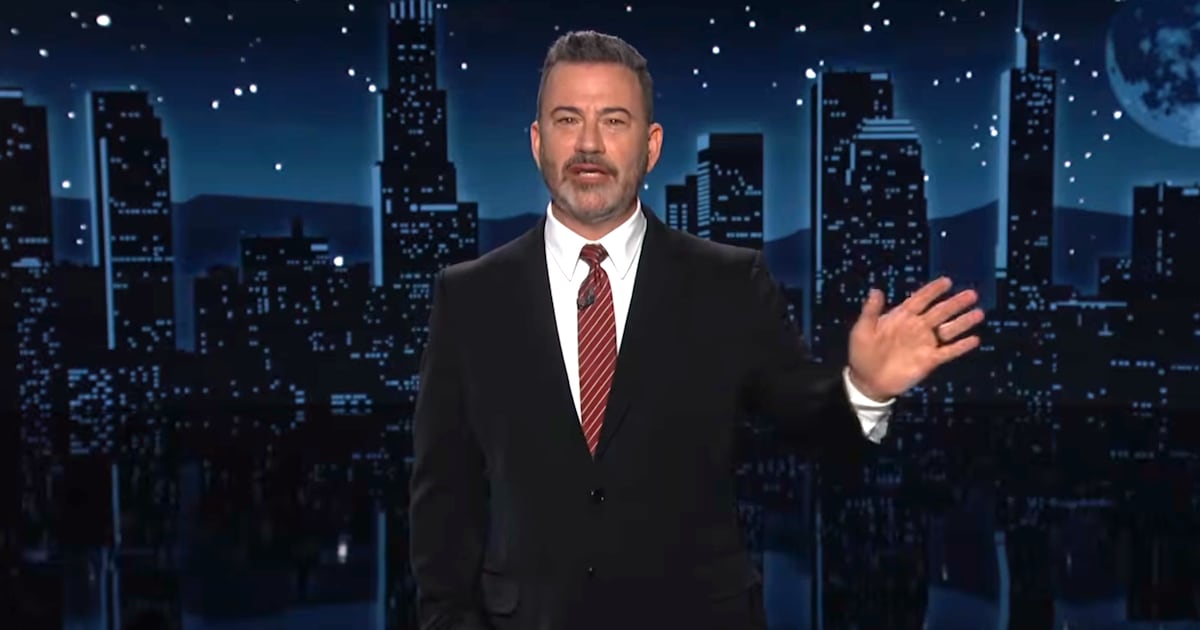It’s difficult to repeat as champion, and after a record-setting Netflix debut that earned it numerous accolades and international popularity, Squid Game gets off to a rocky start in its second season.
The good news is that it ultimately recovers to deliver more of the tense, character-driven do-or-die drama that fans crave, and with a few suspenseful twists to its now-famous formula. So long as it fixates on the lethal children’s games that are its bread-and-butter, writer/director Hwang Dong-hyuk’s South Korean hit remains an entertaining sci-fi thriller. Too often, though, it forgets what makes it tick—and, just as frustratingly, fails to resolve its many storylines by the conclusion of its too-short seven-episode run.
Following a brief prologue, Squid Game, premiering Dec. 26, leaps forward two years to find Seong Gi-hun (Lee Jung-jae) far from the smiling, cheery man we originally met. With a permanent pained scowl on his face, he’s using his enormous prize money—and the employment of criminal Mr. Kim and his right-hand man Woo-seuk (Jeon Seok-ho)—to track down the Recruiter (Gong Yoo) who lured him to Squid Game.

This is an arduous task that requires significant expenditure and manpower, and it’s paralleled by the efforts of police officer Hwang Jun-ho (Wi Ha-joon)—who’s recovered from being shot—to locate the games’ island headquarters. For Jun-ho, who was fished out of the brink by a Captain (Oh Dal-su), who now takes him around on his boat searching for the lethal operation, his quest is both professional and personal, since the man running the contests (and who gunned him down) is his brother Hwang In-ho (Lee Byung-hun), aka the Front Man.
Working first apart and then together, Gi-hun and Jun-ho are intense crusaders. Alas, their crusade is so distended that Squid Game comes out of the gate draggy. Simply put, the outside-world action isn’t interesting or unique and the series takes too long getting Gi-hun back into Squid Game, where he eventually lands thanks to the failure of his carefully orchestrated ruse.
By dawdling on these intro passages, Hwang not only commences sluggishly but costs himself time on the back end—a frustrating situation given that there’s no proper resolution lying in wait. Whereas its initial outing was a well-structured, self-contained affair, this return engagement feels misshapen, with the showrunner arranging it as merely the opening half of a multi-season whole.
All of which is to say, don’t expect Squid Game to begin rousingly or to close satisfyingly. In the middle, though, it works like gangbusters. Once Gi-hun winds up back as a Squid Game contestant, Hwang focuses on what he does best: generating intense tension from adults competing in perilous variations of fun playground pastimes in brightly colored, primary shape-decorated spaces, and eliciting empathy for a diverse cast of players who are all drawn in clear, distinctive lines.

As before, the series is adept at sharply introducing and developing men and women who’ve chosen to participate in Squid Game for an assortment of financial-destitution reasons, thereby providing the hero with a collection of new allies, acquaintances, and adversaries.
The show is overflowing with personalities well-designed to love and hate: Gi-hun’s buddy Jung-bae (Lee Seo-hwan) and young Marine Dae-ho (Kang Ha-neul); weak-kneed gambler Park Yong-sik (Yang Dong-geun) and his mom Jang Geum-ja (Kang Ae-shim); crypto scammer Lee Myung-gi (Im Si-wan) and his ex-girlfriend Kim Jun-hee (Jo Yu-ri); trans soldier Hyun-ju (Park Sung-hoon) and kooky shaman Seon-nyeo (Chae Kook-hee); and cocky rapper Thanos (Choi Seung-hyun) and his shady cohort Nam-gyu (Roh Jae-won).
(Warning: Minor spoilers follow.)
Upon his arrival, Gi-hun is greeted with a surprise: This time around, players will vote after each game to decide whether they want to continue playing or leave with their current winnings. Gi-hun’s attempts to convince his compatriots to quit, however, proves trickier than anticipated, in part because they believe that, as a prior winner, he can successfully guide them through the competitions.
As if that weren’t enough of a wrench in his plans, Gi-hun is also joined and befriended by In-ho, whom he doesn’t know is the Front Man, and who enters the game to manipulate things from the inside. Then, to make matters messier still, Squid Game switches things up challenge-wise, so that Gi-hun’s knowledge is less valuable than he anticipated.
When it foregrounds Gi-hun and company’s efforts to strategize to survive, Squid Game remains gripping, and it further intrigues courtesy of No-eul (Park Gyu-young), a down-on-her-luck carnival worker and North Korean defector who earns cash as one of Squid Game’s anonymous pink-suited soldiers. Through her, Hwang affords glimpses into the inner workings of this bonkers enterprise and the covert organ-harvesting venture being spearheaded by the Masked Manager. Far more than anything taking place on the mainland or out at sea—which thankfully takes a backseat as the season progresses—this subplot expands the story’s scope without sacrificing any of its murderous energy.
Squid Game continues to be about the rich’s exploitation of the poor, but by concentrating almost exclusively on the players—and by granting them newfound agency to get off this deadly merry-go-round—the writer/director doles out considerable criticism of the game’s participants, who are cast as victims of their own heartless greed, folly, and self-interest.

The show never stoops to sermonizing, yet there’s no mistaking its censure of its protagonists for their responsibility for their predicaments, both before and during the games, and that angle lends the material welcome, added complexity. So too does Gi-hun and In-ho’s dynamic, especially considering that, beneath his cheery façade, the latter is a malevolent force. In their rapport, and that of their likable and detestable cohorts, the series thrives.
Unfortunately, Squid Game’s finale reveals that it was in no rush at the outset because it never had any intention of wrapping things up, ending on a note that leaves the fate of countless characters—and their mission to escape with money, their lives, or both—in limbo.

Cliffhangers are, of course, the stock and trade of modern streaming shows, and Hwang doesn’t botch his enough to extinguish one’s eagerness for additional episodes. Regardless, there’s something disheartening about a season that can’t devise a rewarding way to start or finish—and, by extension, to develop its conceit in a consistently captivating manner.









